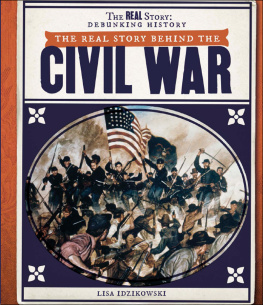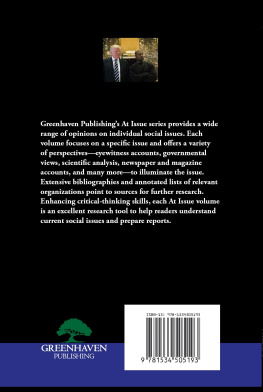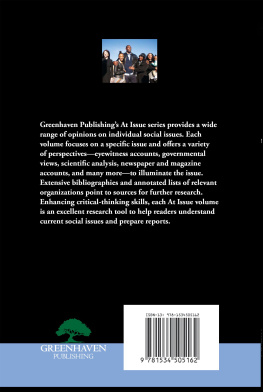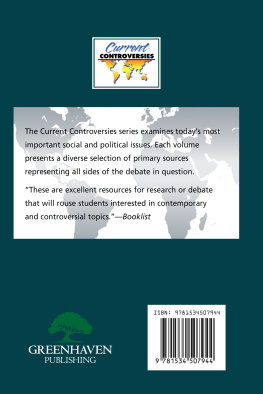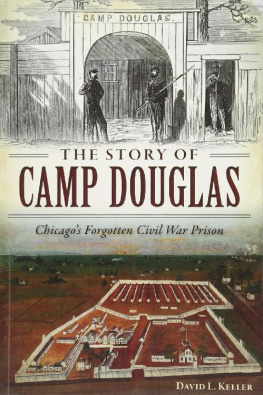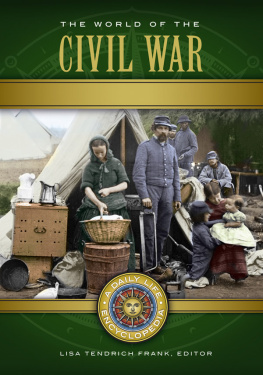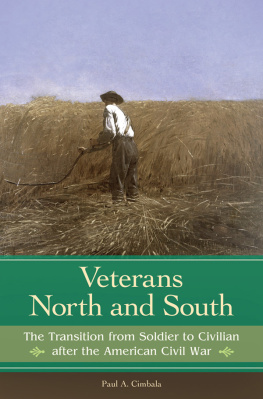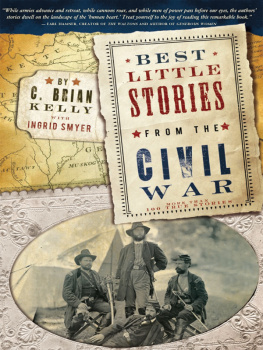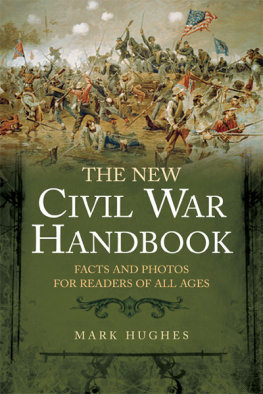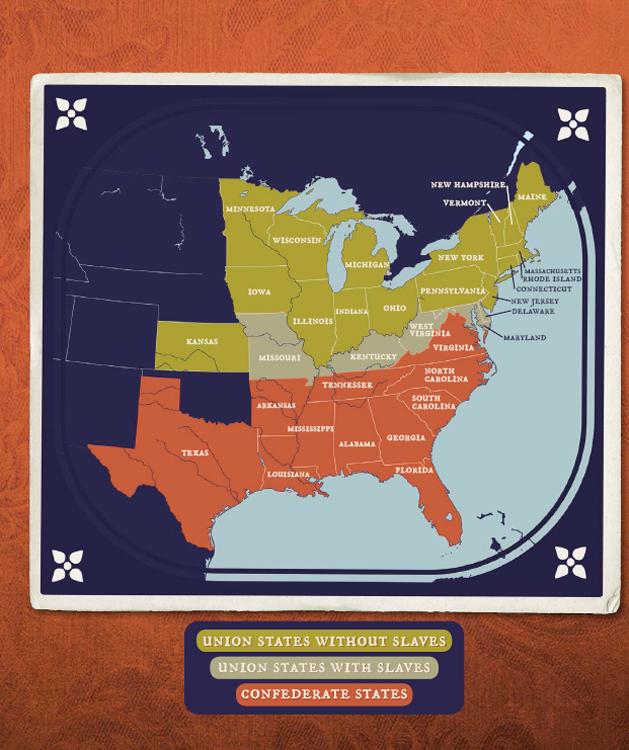Contents
Published in 2020 by The Rosen Publishing Group, Inc.
29 East 21st Street, New York, NY 10010
Copyright 2020 by The Rosen Publishing Group, Inc.
All rights reserved. No part of this book may be reproduced in any form without permission in writing from the publisher, except by a reviewer.
First Edition
Editor: Jill Keppeler
Book Design: Reann Nye
Photo Credits: Cover De Agostini Picture Library/Getty Images; p. 5 Rainer Lesniewski/Shutterstock.com; p. 7 (top) https://commons.wikimedia.org/wiki/File:Abraham_lincoln_inauguration_1861.jpg; p. 7 (bottom) https://commons.wikimedia.org/wiki/File:Abraham_Lincoln_O-55,_1861-crop.jpg; p. 8 https://commons.wikimedia.org/wiki/File:Alexander_Stephens.jpg; p. 9 https://commons.wikimedia.org/wiki/File:Detroit_Photographic_Company_(0780).jpg; p. 11 UniversalImagesGroup/Universal Images Group/Getty Images; p. 13 Historical/Corbis Historical/Getty Images; pp. 15, 17, 21 (bottom), 23 (bottom), 25 Courtesy of the Library of Congress; p. 16 https://commons.wikimedia.org/wiki/File:George_Peter_Alexander_Healy_-_John_C._Calhoun_-_Google_Art_Project.jpg; p. 19 John Parrot/Stocktrek Images/ Getty Images; p. 21 (top) Buyenlarge/Archive Photos/Getty Images; p. 23 (top) Archive Photos/Getty Images; p. 26 https://commons.wikimedia.org/wiki/File:John_Wilkes_Booth_CDV_by_Black_%26_Case.jpg; p. 27 (Lee) https://commons.wikimedia.org/wiki/File:Robert_Edward_Lee.jpg; P. 27 (Grant) https://en.wikipedia.org/wiki/File:Ulysses_S._Grant_1870-1880.jpg; p. 27 (bottom) Universal History Archive/ Universal Images Group/Getty Images; p. 28 KAREN BLEIER/AFP/Getty Images; p. 29 WilliamSherman/ Getty Images.
Library of Congress Cataloging-in-Publication Data
Names: Idzikowski, Lisa, author.
Title: The real story behind the Civil War / Lisa Idzikowski.
Description: New York : PowerKids Press, [2020] | Series: The real story : debunking history | Includes index.
Identifiers: LCCN 2018031082| ISBN 9781538343449 (library bound) | ISBN 9781538344644 (pbk.) | ISBN 9781538344651 (6 pack)
Subjects: LCSH: United States--History--Civil War, 1861-1865--Juvenile literature.
Classification: LCC E468 .I39 2010 | DDC 973.7--dc23
LC record available at https://lccn.loc.gov/2018031082
Manufactured in the United States of America
CPSIA Compliance Information: Batch #CSPK19. For Further Information contact Rosen Publishing,New York, New York at 1-800-237-9932
LIBERTY AND THE CIVIL WAR
Many Americans believe in the words of the Declaration of Independence. But liberty, as in life, liberty, and the pursuit of happiness, means different things to different people. In the 1800s in particular, many people in the North and South held opposing ideas. Misunderstandings, mistrust, and resentment were common. Once united in their fight against the British during the Revolutionary War, Americans began seeing each other as enemies. By 1861, these differences exploded in the American Civil War.
Its vital to learn about and from the Civil War period. By digging down through layers of misinformation, made-up tales, and repeated misunderstandings, we come closer to the truth about our nations history.
FACT FINDER
The American Civil War is also known as the War Between the States, the War of the Rebellion, and, in the South, the War of Northern Aggression.
north against south
The U.S. Civil War was a fierce conflict between the states.Twenty-three states in the northern and western parts of the country remained in the Union. These states supported the federal government. Eleven states in the south of the country seceded from, or left, the Union. They formed their own government and were known as the Confederate States of America.
WHY THE NORTH FOUGHT
Why did the North go to war with the South? To end slavery is usually the first thing people think of, but this isnt entirely true. In the beginning, the North didnt go to war because of slavery in the South. Most Northerners, including Abraham Lincoln, believed in preserving the Union. They wished to keep the United States together as one nation.
In his speech after being sworn in as president, Abraham Lincoln said he had no plan to interfere with the institution of slavery in the States where it exists. With these words, Lincoln was trying to calm the worries of Southerners. His first goal was to keep as many states as possible from leaving the Union.
FACT FINDER
When Abraham Lincoln spoke to the nation at his first inaugural address on March 4, 1861, seven states had already seceded from the Union.
LINCOLN CHANGES HIS GOAL
Abraham Lincoln didnt like slavery. He once said, If slavery is not wrong, nothing is wrong. In addition to keeping the United States together as one nation, he also felt a duty to stop the spread of slavery to newly formed states. Months after the Civil War began, President Lincoln began figuring out how to accomplish these goals. He needed to win the war. And to do that, the abolition of slavery was key.
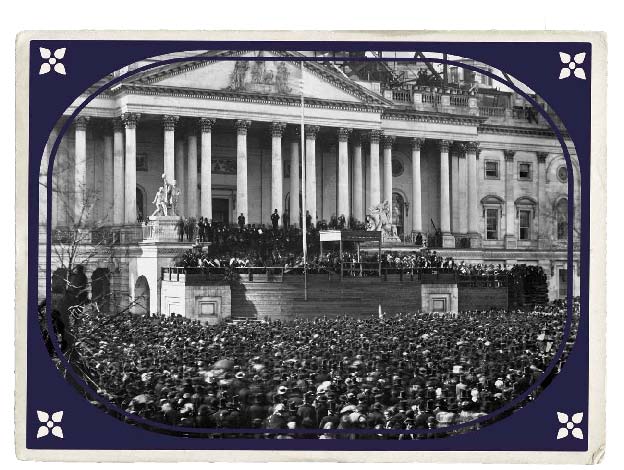
Crowds surround the U.S. Capitol on the day of Abraham Lincolns first inauguration, or swearing in, as president.
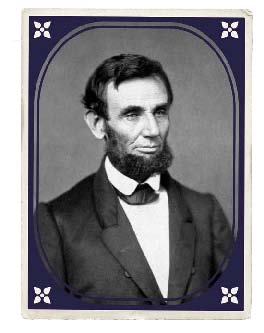
ABRAHAM LINCOLN
ACCORDING TO THE SOUTH
Southerners had different reasons for seceding and for fighting in the Civil War. States rights are one reason often given for the war, but slavery was the root of the conflict. Many of the Northern states had already abolished slavery, but many Southerners believed they needed slaves to maintain their agricultural economy and way of life.
On March 21, 1861, Alexander Stephens, the vice president of the new Confederate States of America,said that slavery was the immediate cause of the war. He went on to explain that the new Confederate government was based upon the great truth that the [black man] is not equal to the white man and that slavery is a natural and normal condition.
FACT FINDER
On April 12, 1861, Confederate forces fired on Fort Sumter in South Carolina. This was the start of the Civil War.
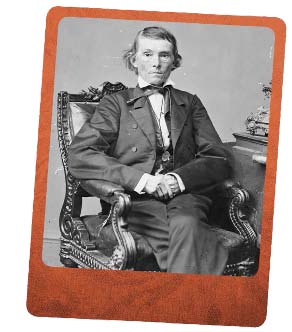
ALEXANDER STEPHENS
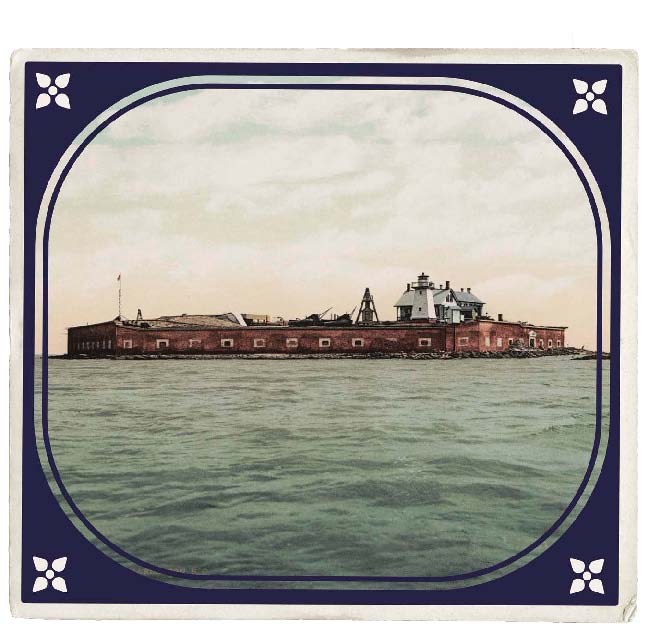
Fort Sumter was on an island near Charleston, South Carolina. Today, the site of the fort is a national monument.
Secession may have set off the Civil War, but the Southern states seceded because of slavery. They were worried that Lincoln, if elected president, would find a way to end slavery. Lincoln firmly believed that no state should be able to lawfully get out of the Union. But shortly after he was elected president, South Carolina seceded. In their reasons,state leaders said their right to keep property in slaves was given by the U.S. Constitution and that the federal government was threatening that right. The state leaders also argued that non-slaveholding states had an increasing

